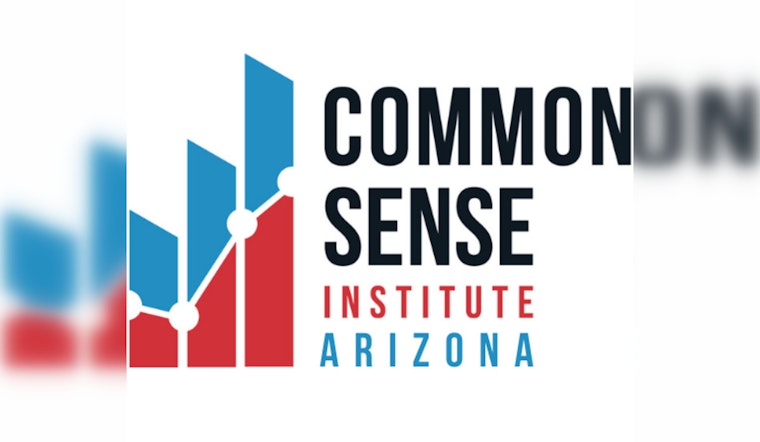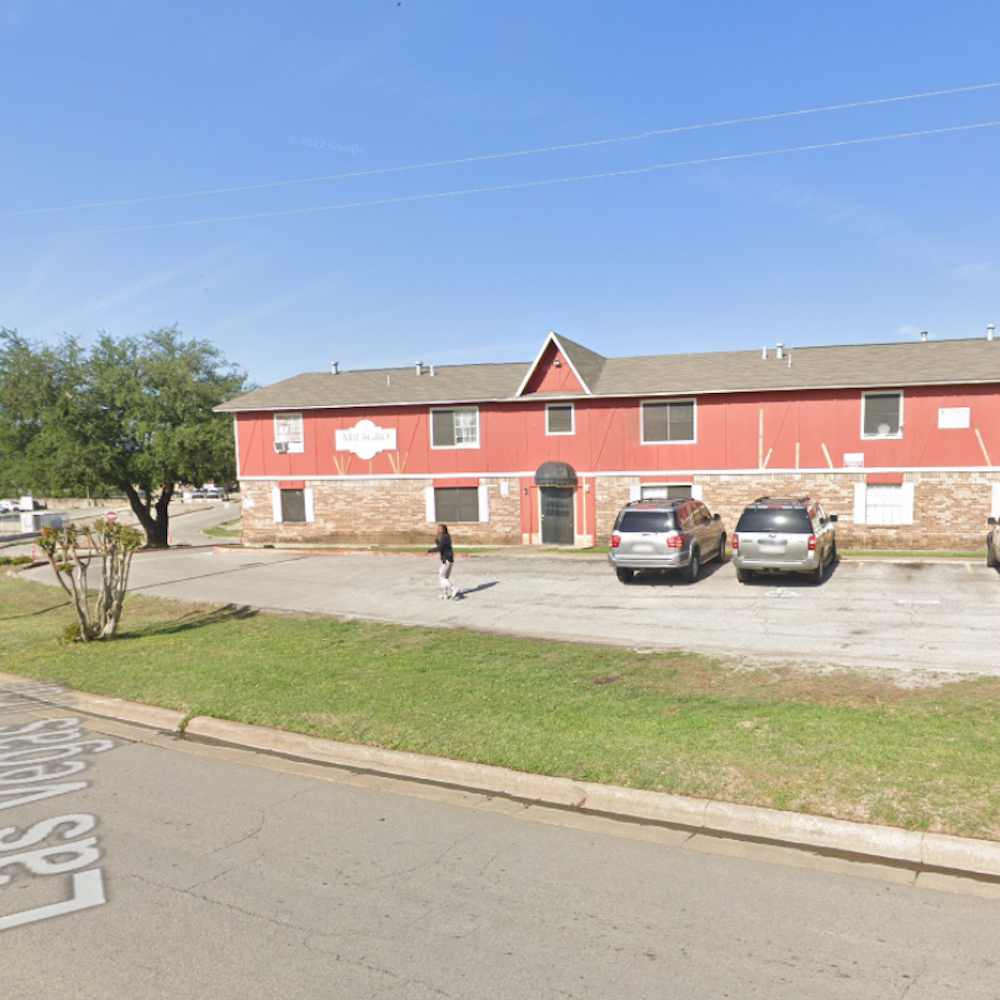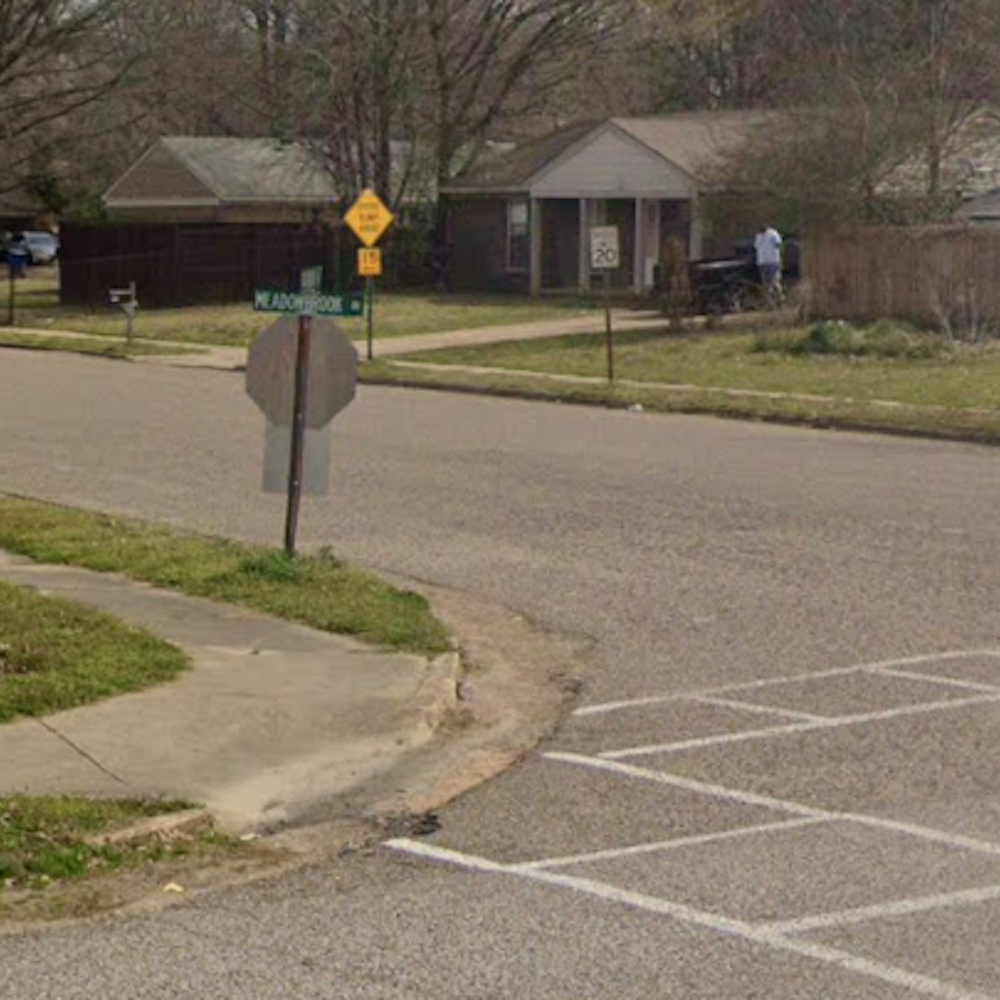
Homelessness among seniors in Maricopa County has hit a crisis point, with more than 2,000 individuals over the age of 55 living on the streets or in temporary shelters in 2023. The rising trend mirrors a grim reality where the elderly, such as the 58-year-old Greg Baxter who lost his leg to diabetes and his home to medical debts, struggle to find reliable housing. Data reveals, seniors are increasingly unable to afford escalating rents, and chronic medical conditions only exacerbate their plight, according to a report by 12News.
Martha Myers of Central Arizona Shelter Services (CASS) reportedly observed a "significant" uptick in senior homelessness, citing medical and income issues as typical culprits. CASS has resorted to operating a senior shelter out of a rented hotel to cope with demand, but the temporary solution is under strain; the shelter's lease expires at the end of March. They've planned a permanent shelter with 170 beds set to open later this year, but, those in need like Baxter warn, "Stay in the house," underscoring the dire circumstances that lead to homelessness.
Meanwhile, addressing the financial aspects, the Common Sense Institute (CSI) Arizona delved into the state’s spending on the homelessness crisis, which has surpassed a whopping $1 billion. Through a meticulous review of financial documents and engagements with local experts, the CSI team has aimed to quantify and understand the complexities of homelessness. In a report, they state that Arizona’s efforts, while innovative and transformative for many, require a critical review and possible re-alignment to ensure resources are effectively maximized.
As the issue commands both compassion and innovation, policy experts like Brandon Bloch call for a blend of approaches to be considered, suggesting the issue bridges ideological divides and calls for consensus-based solutions. CSI's research emphasizes the balance between spending and outcomes, highlighting the need for strategic and data-informed decisions in a battle against time, and resources.
For those on the front lines, the situation is increasingly urgent with imminent relocations and a chronic lack of affordable housing. The demand for supportive services remains high, as evidenced by CASS's overflowing temporary shelters and CSI Arizona’s billion-dollar figure on homelessness spending. As the city waits for permanent solutions to materialize, individuals like Baxter hold onto hope for stable housing and a path out of the tumultuous cycle of homelessness. For resources and assistance, those facing homelessness in Arizona are encouraged to call 211.









